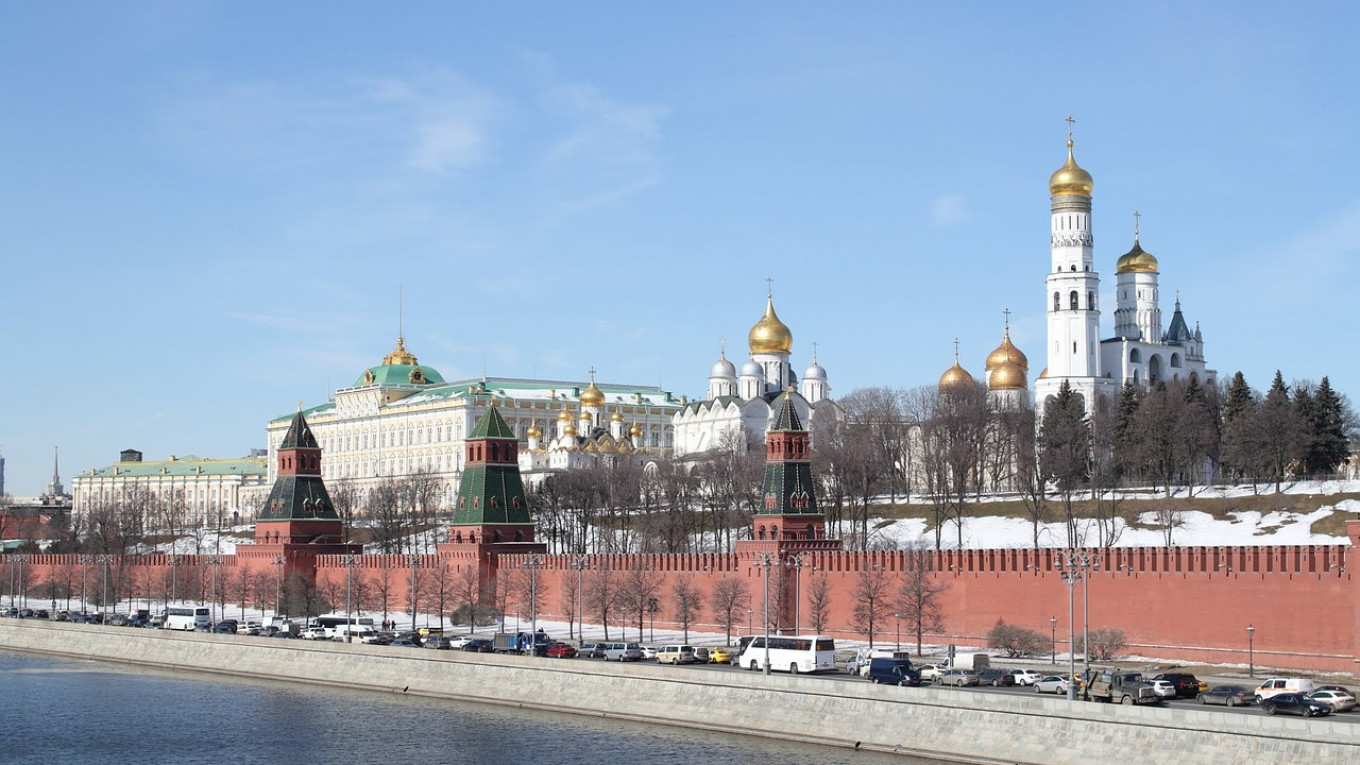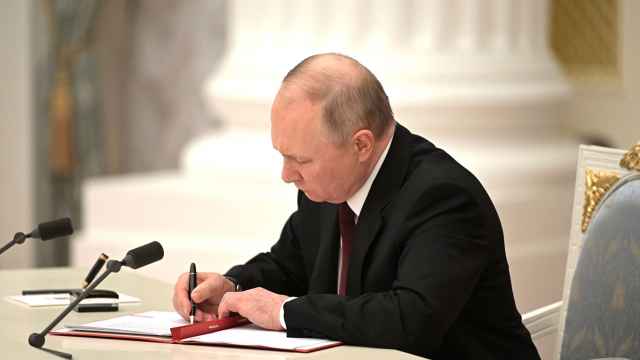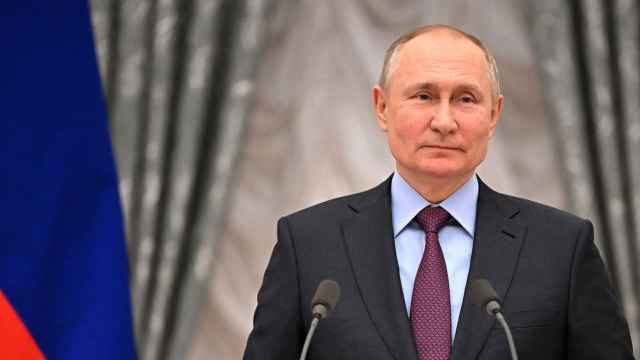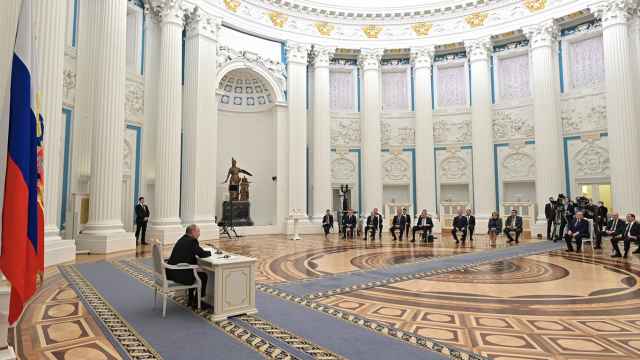President Vladimir Putin proposed to make several amendments to the Russian Constitution last week in what has been seen by many observers as an move to secure his executive power beyond 2024.
The proposals, made during his annual state of the nation address, set off a chain of events including the prime minister’s resignation, a new cabinet of ministers and widespread speculation about what Putin’s power restructuring bodes for the future.
Here’s a look at the sweeping changes that have taken place in the past seven days:
Jan. 15: Putin proposes a package of constitutional amendments aimed at shifting power from the presidency to parliament and the prime minister. Hours later, Prime Minister Dmitry Medvedev announces he and his entire government have resigned.
Although this dramatic exit seemed to signal a changing tide in Russian governance, many say it was simply the strategic removal of a prime minister whose increasing unpopularity had made him a political liability.
Jan. 16: Putin confirms former tax chief Mikhail Mishustin as prime minister. A relative political unknown, Mishustin vows to improve business and macroeconomic stability, as well as to push forward with enacting Putin’s national projects.
Jan. 19: Putin, currently in his fourth term as president, rejects a “president for life” model, saying that future presidents of Russia should be limited to two terms in office. Some see this as an attempt to counter widespread speculation that he plans to stay in power beyond 2024.
Jan. 20: Putin submits the proposed amendments to the State Duma, with reports of a nationwide vote on the amendments to be held as early as April. The Kremlin later announces that Prosecutor General Yury Chaika, a longtime ally of the president, is leaving his post.
Jan. 21: Mishustin appoints his new cabinet. Despite Putin’s declarations of a “major renewal," many senior ministers keep their positions, indicating little change in the overall ideology of the government. Read more about the new and old faces in Russia’s cabinet here.
A Message from The Moscow Times:
Dear readers,
We are facing unprecedented challenges. Russia's Prosecutor General's Office has designated The Moscow Times as an "undesirable" organization, criminalizing our work and putting our staff at risk of prosecution. This follows our earlier unjust labeling as a "foreign agent."
These actions are direct attempts to silence independent journalism in Russia. The authorities claim our work "discredits the decisions of the Russian leadership." We see things differently: we strive to provide accurate, unbiased reporting on Russia.
We, the journalists of The Moscow Times, refuse to be silenced. But to continue our work, we need your help.
Your support, no matter how small, makes a world of difference. If you can, please support us monthly starting from just $2. It's quick to set up, and every contribution makes a significant impact.
By supporting The Moscow Times, you're defending open, independent journalism in the face of repression. Thank you for standing with us.
Remind me later.






